Frank Chalmers, a Dundee-born journalist whose life was marked by a passion for swimming, music, and politics, has passed away in London at the age of 69, following a battle with cancer.
Born and raised in Dundee, Frank was a dedicated wild swimmer, returning to his hometown annually to take part in the New Year “dook” at Broughty Ferry.
His love for swimming began in his school days at Kirkton High School, where he joined the Phibbies swimming club under the guidance of renowned coach Dennis Sullivan.
His remarkable swimming feats included a 50th birthday swim across the English Channel and becoming the first Scotsman in 50 years to cross the treacherous Corryvreckan whirlpool off Jura in 2003.
He also introduced comedian Griff Rhys Jones to wild swimming in the Tay for the BBC’s Rivers in 2009.
That same year, Frank’s attempt to swim the Pentland Firth was captured in the BBC2 documentary Crossing Hell’s Mouth.
Frank Chalmers inherited love of music from his Dundee pub owning father
Music was another central thread in Frank’s life.
He inherited his love of music from his father, Frank Sr., a banjo-playing plumber who also ran Dundee’s Nelson Bar.
The pub’s annual Burns Supper inspired Frank Jnr’s enduring enthusiasm for Robert Burns, leading him to host his own legendary Burns Suppers in London and perform at Dundee Burns Club events.
A talented guitarist and singer-songwriter, he organised numerous community events in his local area of Kentish Town, north London.
This included the popular monthly music night “Thank Frank It’s Friday.”
He also released an album, Lissenden, with his band This is the Story.
Where did Frank Chalmers’ political activism stem from?
Frank’s political activism was deeply rooted in his Dundee upbringing.
His mother, Daisy, an auxiliary nurse, sparked his early engagement with politics when she organised a petition to demolish derelict air raid shelters near their home.
At just seven years old, he was tasked with gathering signatures from neighbours, and the success of this campaign would be the first of many political victories.
He followed his father’s footsteps into the Communist Party and later became a prominent student activist at the University of Dundee, where he studied economics.
Chalmers rose to national prominence in 1981 when he famously interrupted Prime Minister Margaret Thatcher during a speech at a London church, calling for “Jobs not Bombs” from the pulpit.
His commitment to political causes continued throughout his life, most recently during the Brexit referendum, when his and his neighbour’s opposing views led to the media-dubbed “Battle of the Balconies,” as each draped their London homes with contrasting slogans.
After working as a political and trade union organiser in London, he transitioned to journalism.
He began his career at the Morning Star as a sub-editor before moving on to the Health Service Journal and various health-related publications.
He spent 14 years at the Food Standards Agency, where colleagues remember him as a skilled negotiator for the National Union of Journalists and a meticulous sub-editor.
Frank Chalmers is survived by his wife Ros, his son Malcolm, and his brothers Douglas, Iain, and Scott.
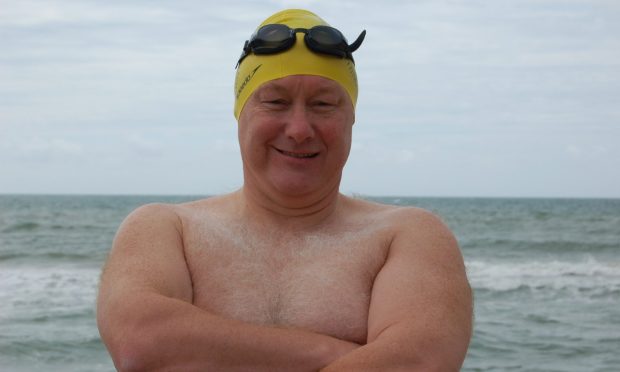
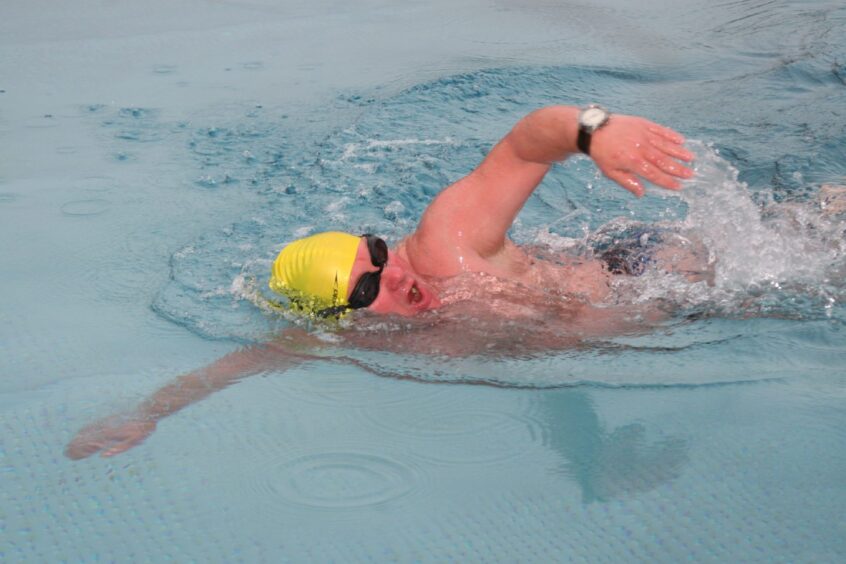
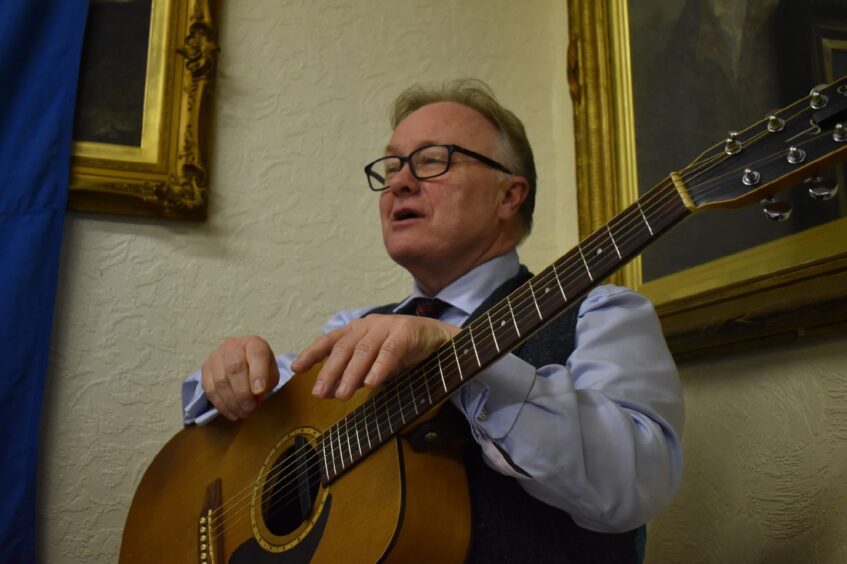
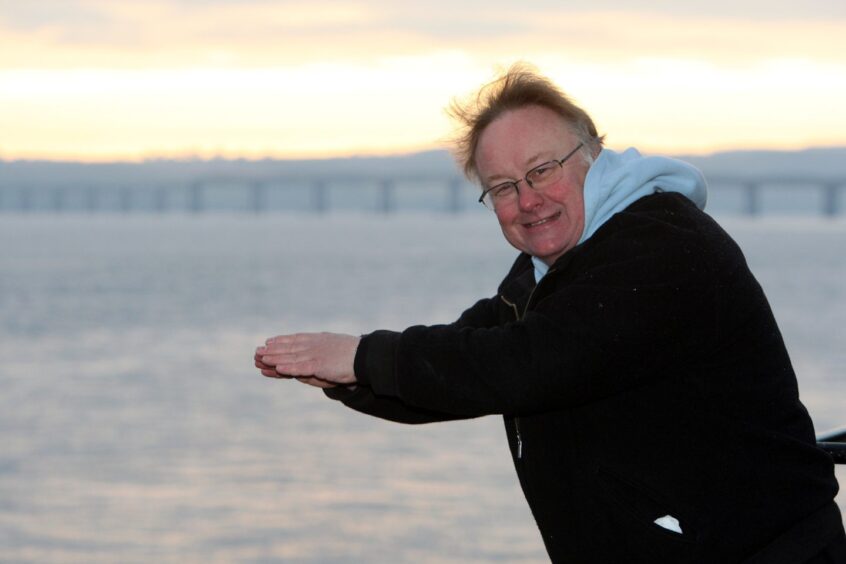
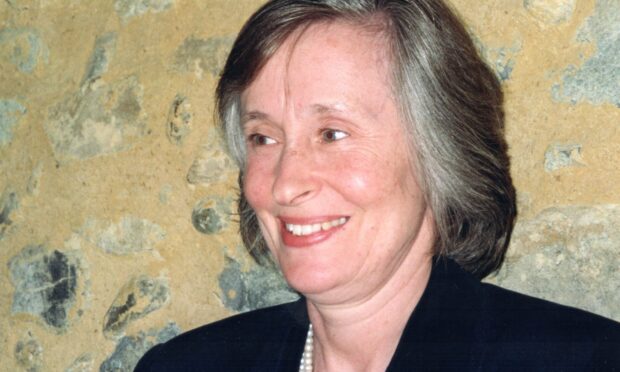
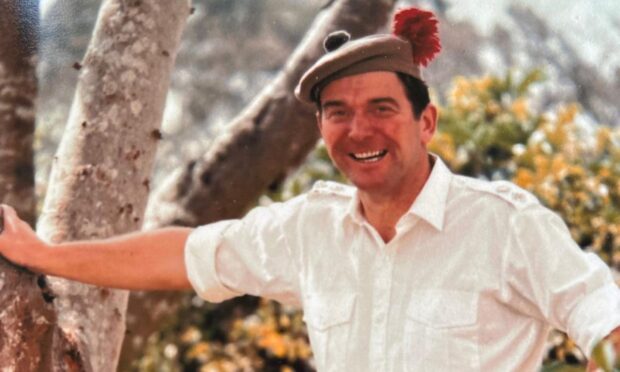

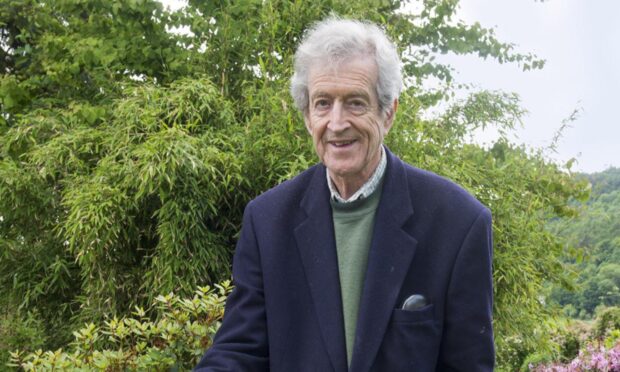
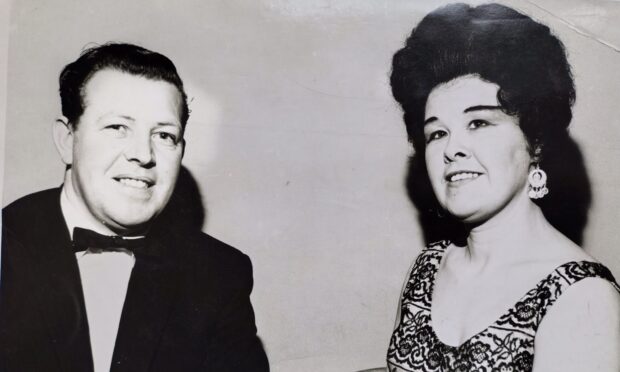
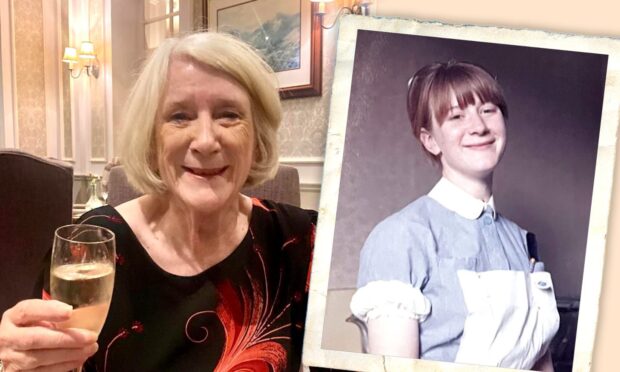
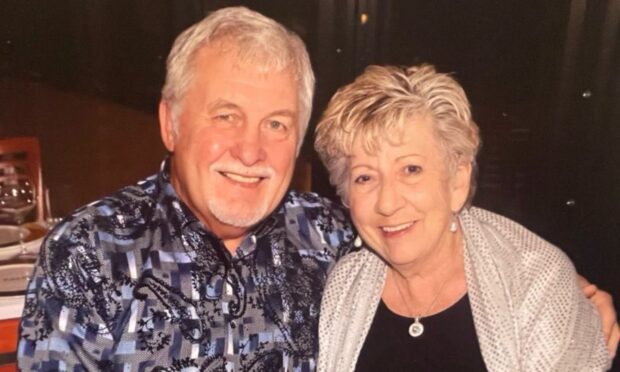
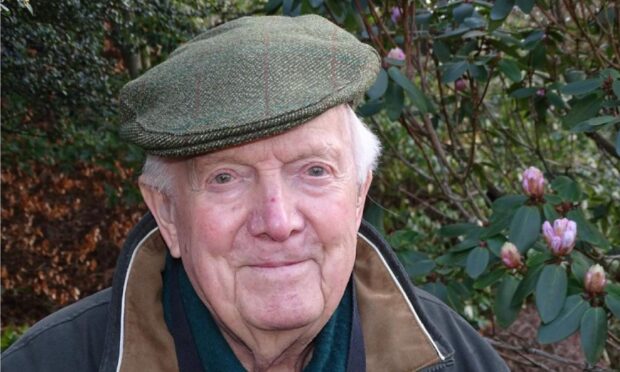
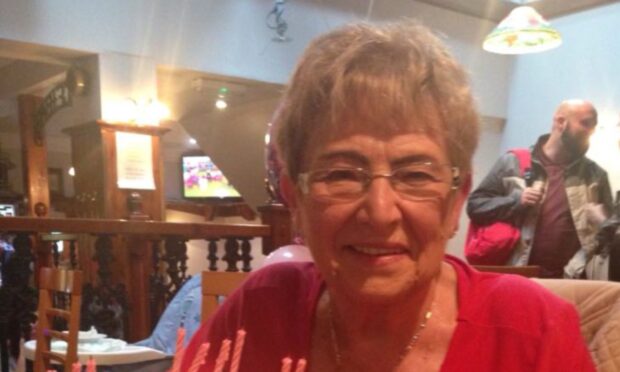

Conversation